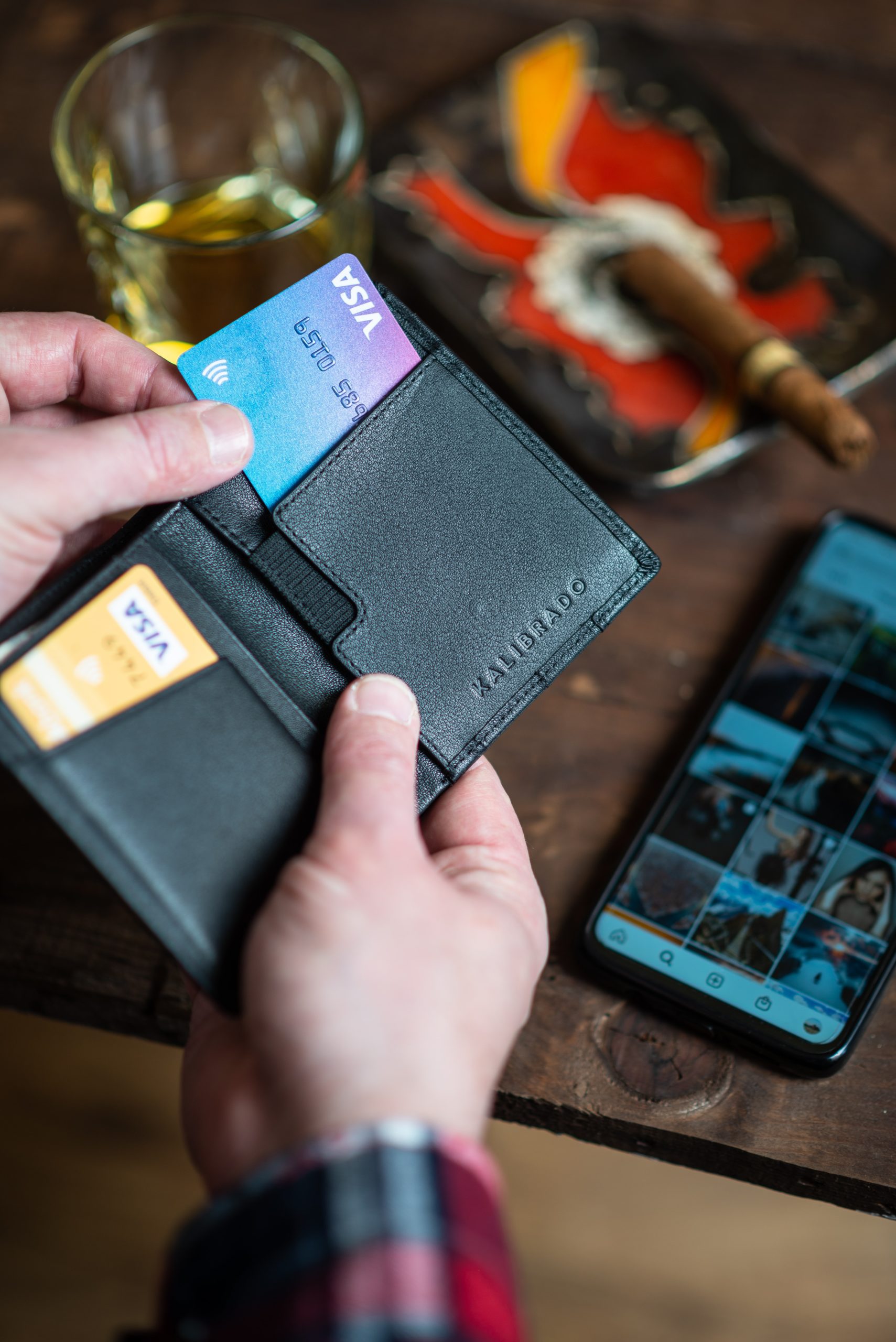BLOGS
The Dos And Dont’s of Cash Discount Surcharging

Cash discount surcharging may be something you have heard about before, yet you may be unsure of what it entails and whether or not this is the right solution for you. With that being said, we have put this blog post together to reveal everything that you need to know about cash discount surcharging, including some critical dos and don’ts to assist you along the way.
Understanding cash discounts and surcharges
We all know that there are fees associated with taking card payments. Cash discount surcharging provides you with a method of passing on these fees to the consumer so you do not take the added hit yourself.
To understand this, we need to take a look at both options in more depth.
What is a cash discount?
A cash discount is when credit card prices are posted, and then you give the consumer a discount if they decide to pay in cash.
What is a surcharge?
A surcharge is essentially the opposite approach, i.e. cash prices will be posted and then you will charge an added fee on top of the price posted for consumers who choose to pay with their card.
Understanding the difference between the two approaches is pivotal because it will help you to determine which solution is going to be the most effective at your business. To help you determine this, we are going to take a look at some of the dos and don’ts when it comes to implementing such a program.
A lot of people view cash discounts and surcharges as purely being two parts of the same whole. Merchants will typically use one of the two approaches to incentivize consumers to transacts with them in a manner that results in reduced expenses for the vendor.
However, there is a key difference between the two, and it is vital to understand this. When you implement a surcharge, you are adding a fee to the credit card transaction. On the other hand, with a cash discount, you are giving a discount off the sales price that has been advertised to the consumer if they decide to pay with cash.
Aside from this, surcharges are a lot more regulated, and therefore, they need to have authorization from the credit card businesses you are associated with.
Companies can, consequently, be a lot more autonomous when establishing cash discounts. There are fewer rules and laws that they are going to need to worry about.
Do make sure surcharging is legal in your location
One thing you do need to make sure is that surcharging is allowed in your state. This is something you do not need to worry about in terms of cash discounts at the time of writing. In their genuine form, they are permitted in all 50 states at the moment. However, it is critical to note that there are a small number of states that have legislation against surcharge programs. Therefore, if you were to surcharge in one of these states, you would be breaking the law. These states include Oklahoma, Massachusetts, Maine, Kansas, Florida, Connecticut, and Colorado. Of course, it is critical to remember that rules and regulations do change all of the time, so you will need to keep on top of this.

Don’t implement surcharges on debit cards
It is important to realize that you are not permitted to apply surcharges to debit cards. This is the case even if a card is “run as credit.” Irrespective of what state you are based in, the ability to add a surcharge is something that is only applicable to credit card purchases.
If you were to add a surcharge to a debit card transition, even if you were to label it as a non-cash adjustment, you are putting yourself at serious risk of losing your merchant account.
Do check the requirements of each credit card provider
If you do decide you wish to enroll in a surcharge program and you know it is legal in your state, there is a lot that needs to be considered. You need to assess all of the credit cards your business currently assess, for example, Amex, MasterCard, and Visa. Explore the surcharge guidelines for every card provider.
Every card provider is going to have their own set of requirements that you will need to meet prior to applying to add a surcharge to all purchases. Generally speaking, you can expect the credit card firm to ask you for the following information:
- The name of your business
- Contact details, i.e. your phone number, address, and email address
- The type of surcharge you want to apply, which tends to be product or brand
- The channel type, i.e. mail order, eCommerce, or brick and mortar store
- The number of locations making the application for the surcharge
You will need to make sure that you provide at least 30 days of notice to the marchant acquirer and credit card company regarding your intent to implement surcharges on all purchases.
Don’t cut corners when it comes to compliance
When it comes to compliance, you cannot afford to cut corners. There are a number of different rules you will need to adhere to, so make sure you do so. After all, card associations are not going to want customers to be discouraged from using their credit cards, and so most have put in policies that dictate how you are able to run your surcharge program.
Again, this is something that is going to differ from provider to provider, yet there is a general basis of what most credit card companies required from you. This includes the following:
- You need to notify your ISO and card association at least 30 days in advance of the surcharges being applied. This must be done in writing.
- You need to choose from product-level surcharges or you can apply brand-level surcharges. It is not possible to do both.
- Your surcharge needs to be included on a separate line on the receipts that you give to your customers. To do this, you need a POS that is going to be able to handle this requirement.
- You need to make sure appropriate notice is posted in your store about the credit options you have available.
- There is a four percent limit.
Of course, you also need to make sure you adhere to all of the state laws in terms of surcharges.
Do carefully consider what makes sense for your customers
Not only do you need to make sure you effectively navigate all of the rules and regulations regarding surcharges, but you also need to think about how your customers are going to react as well.
When you offer customers a cash discount, they feel happy. They feel like they have been given the chance to save some money. This can leave them feeling positive about the interaction with your business.
On the flip side, a surcharge is viewed as an added expense, and so this may end up causing irritation, as customers feel annoyed that they have been charged extra to use their preferred payment method.
Don’t forget to consider the set-up
You also need to factor in how easy it is going to be for you to establish cash discounts or surcharges at your business. Cash discounts tend to be a lot easier to set up. You do not have to jump through all of the hoops that are associated with surcharges. Plus, the discounts you establish are going to be mainly at your discretion.
Do consider the impact on your bottom line
When deciding between both options, it is worth factoring in that people have a tendency to spend more when they pay via credit card. When someone makes the payment in cash, they can literally see what they are spending, and this often causes people to be more cautious with their funds.
On the flip side, when making a payment via credit card, you cannot see the money physically leaving your purse or wallet. As a consequence, you may find that you add another purchase or two that you would have not made if you were paying by cash.
Final words on What is a cash discount surcharges?
So there you have it: everything you need to know about cash discounts and surcharges. We hope that this has helped you to get a better understanding of the different options that are available to you when it comes to introducing such a program at your business.
If you would like to find out more about credit card processing and the different options that are available to you, please do not hesitate to get in touch with our friendly team today and we will be happy to assist you in any manner we can.















